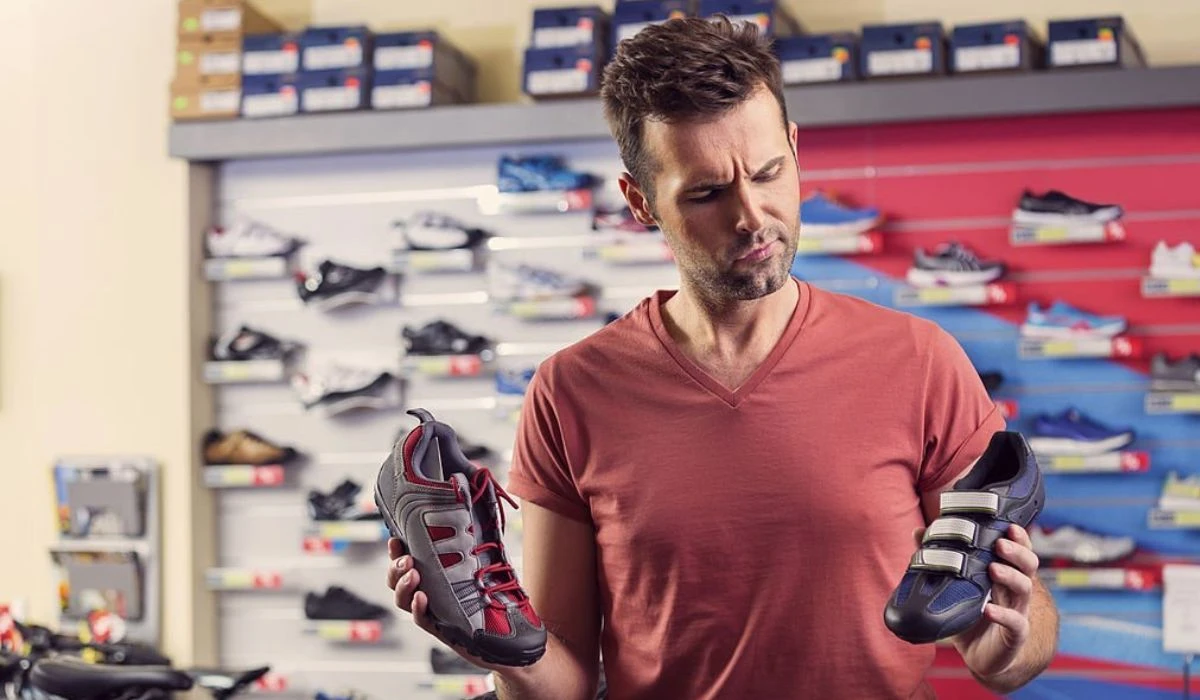Talking from first principles, an injury happens to you when a body part undergoes stress at an intensity or for a duration it was not supposed to. Without understanding how the human body handles loads, a discussion about safety is futile. Our skeletal system, which holds our body in place, is designed to bear axial loads. These are forces that act along the length of a bone, either stretching or compressing it.
The ideal sports equipment will effectively transfer the loads involved in an activity to your body or vice-versa. The wrong equipment causes loads to act on your body at the wrong places or in the wrong direction, leading to an injury. The following points will help you choose the right ones.
Understand Your Sports
The nature of the equipment you would need varies with the type of activity you perform. For example, running shoes typically come with flexible and lightweight soles to give cushioning and support for your ankles and feet. A good pair of weightlifting shoes, on the other hand, should have raised heels with a firm sole and a wide toe box to provide more stability during lifts.

Whether you are a weekend warrior or aiming to become a pro, playing basketball with your golf gear can land you in the hospital. To pick the right gear, it is important to understand the nature of the loads each part of your body encounters during an activity. The equipment you choose should be always sports-specific.
Understand Your Needs
If you have a past injury that makes a body part more vulnerable, an angle sprain, for instance, it would be prudent to pick protective gear for that part, here, an ankle brace. If you are worried about your kneecaps while you run, a pair of shoes with great shock absorption would be what you need. When you set a budget for your equipment, it is important to decide how much you need out of the sport. If you are into sports only to stay physically active and fit, you won’t need all the bells and whistles that eke out the last bit of performance out of your body. But it will still be worth buying the best safety gear that offers you the most value rather than choosing a knockoff that wouldn’t work when you need it most.
Choose The Right Brand
It is important that the manufacturers of your sports equipment understand the sports and know what they are doing. For example, weightlifting belts that are narrow in the front and extra broad in the back, which are widely available in the market, are designed by people who don’t understand how the gear works. Using such equipment can cause more harm than good. As a rule of thumb, a reputable brand is more likely to create high-quality and durable products.
Choose The Right Fit
Spend some time and choose the correct fit. Also, check if customizations are available. Ill-fitting sports equipment, like shoes that are too tight or too loose, can hold you back from performing at your best and significantly increase your chances of injury. Protective gear, like a helmet, for example, would not work as well as it should, if the fitting is poor. If you can, try the equipment on before buying. Pay attention to how your body responds. The right sports equipment will be comfortable to use and allow you good mobility. Never buy equipment that you know you don’t enjoy using.
Ask Around
Talk with your local pro. Ask what equipment they use, and more importantly, why they use it. Try to find brands that give the most safety features for your money. It is likely that there could be some amazing but obscure brand out there that focuses more on product quality and less on marketing. Read reviews online from people who bought them. Very often, I come across reviews where someone mentions an aspect of the equipment that I missed or didn’t know existed. Don’t shy away from asking for help from your coach or trainer to pick the right equipment. If your coach has already come across the product you have zeroed in on, you can know how it works in the real world.
Closing Thoughts
With new technologies coming in, building on top of old technologies or disrupting them entirely, sports equipment is getting better every year. If you have deep pockets, you may simply pick the best equipment money can buy and you are good to go. But the truth is, for most people, those titanium-head golf clubs or those sneakers from Back To The Future are not worth buying. The best sports equipment allows your body to stay in a stable position and allows it to perform at peak levels without leaving any room for injury.
Read More: Safe Return To Play: Guidelines For Injured Athletes
Our recommendations are rooted in genuine belief in the benefits of the products bring to users. When you purchase through our links, we may earn a commission, supporting our testing and development without adding any cost for you. Learn more.

Dr. David G Kiely is a distinguished Medical Reviewer and former General Medicine Consultant with a wealth of experience in the field. Dr. Kiely’s notable career as a General Medicine Consultant highlights his significant contributions to the medical field.


